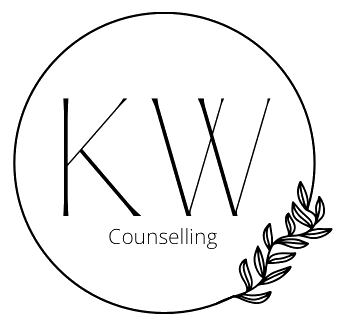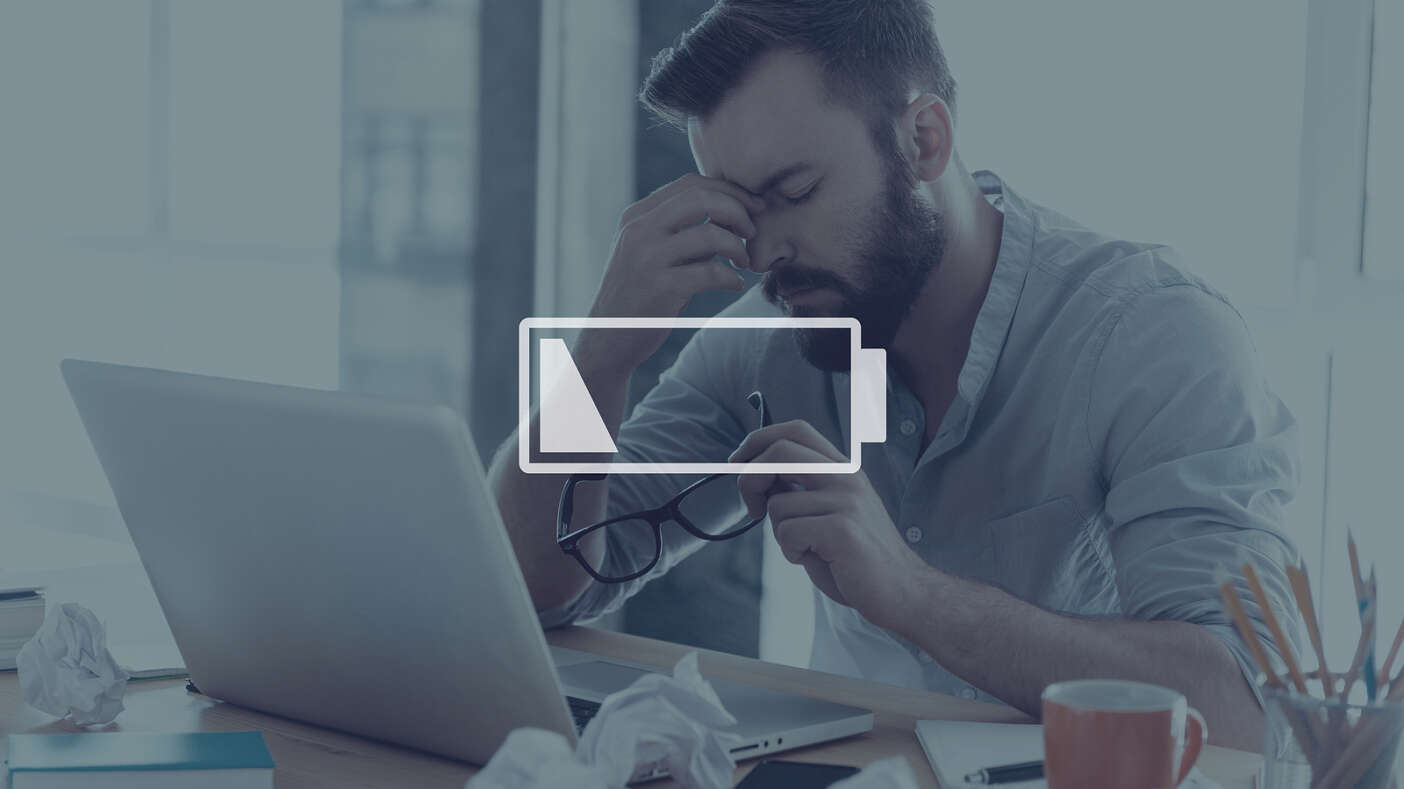Today, digital devices are almost impossible to get away from. As essential as our devices are to our jobs, social lives, and entertainment, the constant presence of screens, notifications, and demands for immediate responses can have negative effects, including digital exhaustion. Let’s talk about digital exhaustion, how you can recognize it, and what you can do to reduce it.
What is Digital Exhaustion?
Digital exhaustion is a type of mental fatigue that comes from spending too much time on digital devices, including computer screens, tablets, and smart devices.
The signs and symptoms of digital exhaustion can look like burnout but are directly related to the use of digital devices. You might notice things like:
- Low energy levels or lack of motivation
- Depressed or anxious mood, feeling overwhelmed
- Feelings of isolation or separation
- Sleep disorders, including trouble falling and staying asleep and an inability to get a full, restful night’s sleep
- Physical symptoms such as sensitivity to light, headaches, dry eyes, and chronic pain in your neck, shoulders, or back
What Causes Digital Exhaustion?
There is no scientific consensus about what causes digital fatigue. Physical problems such as irritated eyes, back and neck problems, and sleep disorders have clear and direct relationships to staring at screens and being hunched over our devices, but the psychological effects have more complex connections to digital device use. Below, we look at some potential reasons for these psychological impacts.
An Increase in Devices
A 2021 survey by Deloitte1 found that approximately 1/3 of US respondents felt overwhelmed by the number of devices and subscriptions they had; these negative emotions were higher for people with more devices and subscriptions.
More Concentration Required
Remote meetings require more intense focus than the average face-to-face meeting. With a camera watching your every expression and a microphone recording your every word, you have to be at your best whenever you’re on a call. If your job entails constant meetings, there’s little time to recharge.
Constant Connectivity
Even in our private lives, the availability of digital devices and Wi-Fi networks increases the pressure to be available 24/7/365. This expectation means that you have to attend to your devices all the time and that you may feel pressure to respond ASAP.
Cognitive Load
It takes a lot of cognitive effort to monitor multiple devices while doing your regular job, as well as learning how to use new digital tools and platforms.
Information Overload
Because we are constantly connected, we have information coming in all the time. In some contexts, such as a newsroom, this is a necessary and important workplace resource, but in other settings, it creates additional distractions and more things that we have to attend to.
Inadequate Boundaries
For many people, working from home has meant working longer hours and at non-standard times of the day. Although this can be helpful for people who want more flexibility, it can also make it harder to separate work life from home life. The boundary between work time and home time is much more blurred now due to the “convenience” of our digital devices.
Preventing Digital Exhaustion
You may not be able to eliminate digital fatigue completely, but you can reduce it with the tips below.
Do an Ergonomic Assessment
Check to see that you are using the right kind of office chair, that it’s set at the right height, and that your screens are at the optimal angle to prevent chronic problems such as neck and back pain. You can find the necessary assessment information online, and your employer may also have someone who can do an assessment for you.
Take Regular Breaks
This seems like an obvious solution, but do you actually schedule breaks into your day? When was the last time you took a break for something other than going to the bathroom or getting a snack?
Set up regular times during the day to go for short walks, meditate, or engage in mindfulness. Put them in your calendar and set an alarm so you don’t miss your break times.
Consolidate Your Apps
Streamline your workflow and reduce distractions by consolidating your communications apps. For example, you can try these tips:
- Use an e-mail client that supports multiple e-mail accounts. You will see all your e-mail in one place, and responses will appear as though they came from the account to which the original message was sent.
- Adopt integrated team collaboration tools that let you handle messaging, video calls, and file sharing within one app.
- Use browser extensions that combine multiple web-based communications tools into one tab.
- Do regular reviews and cleanups.
Let Go of Your Social Media
Social media should be about positive connections. If you find that a particular platform is making you anxious or taking up too much of your time, consider deleting your account or cutting back on your use of that platform. Ask yourself how much value you’re getting from the platform versus what it’s costing you in terms of time and energy.
Don’t Keep Your Phone in Your Bedroom
When it’s time for some downtime, leave your phone in another room for the night. If you’re worried that you’ll miss an important call or text, you can always turn off your notifications with the exception of specific numbers or people.
Nurture Offline Connections
Get together with people face-to-face. Some of your workplace interactions could even be handled in person so you can make higher-quality connections with people. Make time to see some of your friends and family members in real life rather than communicating through video calls or apps.
Be sure to make small changes you can commit to for the long term rather than overhauling your entire digital life all at once. Making too many changes over a short period of time will only increase the pressure you feel and may lead to failure.
Getting Help for Digital Exhaustion
Digital exhaustion can be . . . exhausting! If you’re stuck in a cycle of fatigue and unsuccessful recovery, talking to a counsellor can help. Even a few sessions can help you home in on the precise reason for your exhaustion and might point to ways to help you manage your digital life more effectively. You may even discover that your symptoms have another root cause, such as anxiety that you haven’t been able to pin down.
If you’d like to try counselling for your digital exhaustion, feelings of depression, anxiety, isolation, or disconnection, the team at Kari Walton Counselling is here for you. We offer a range of treatment options, including cognitive-behavioural therapy, dialectical behaviour therapy, hypnotherapy, group therapy, and family therapy.
Contact us today to make an appointment. Let’s figure out what’s causing your digital exhaustion and how you can achieve a more restful state of being.
References
1 Deloitte Insights: Digital life often delivers daily benefits but can also fuel tech fatigue and well-being worries: https://www2.deloitte.com/us/en/insights/industry/telecommunications/connectivity-mobile-trends-survey/2023/connected-consumers-digital-fatigue.html

